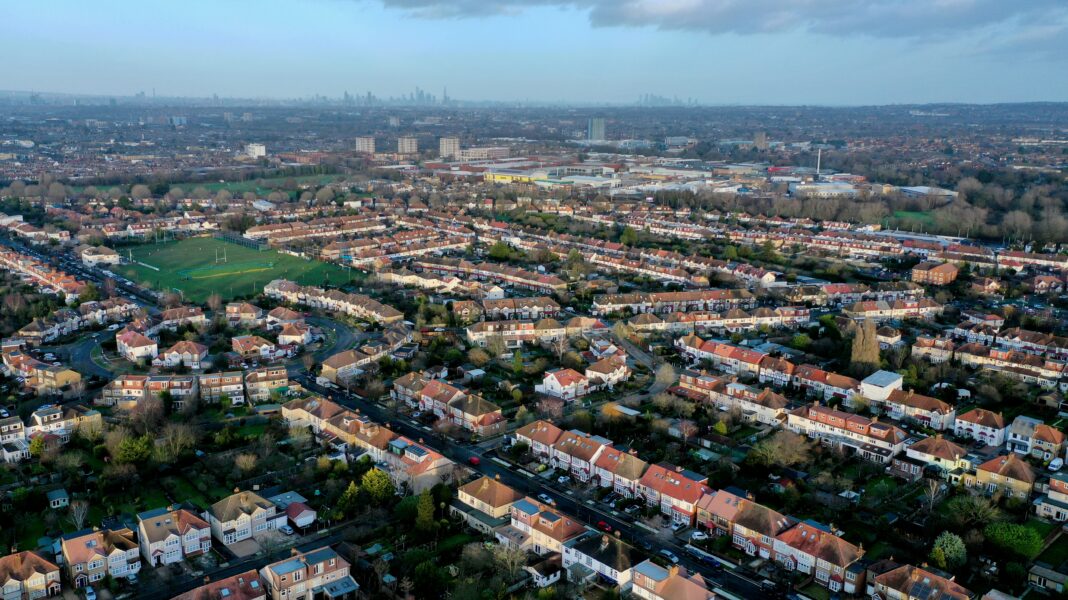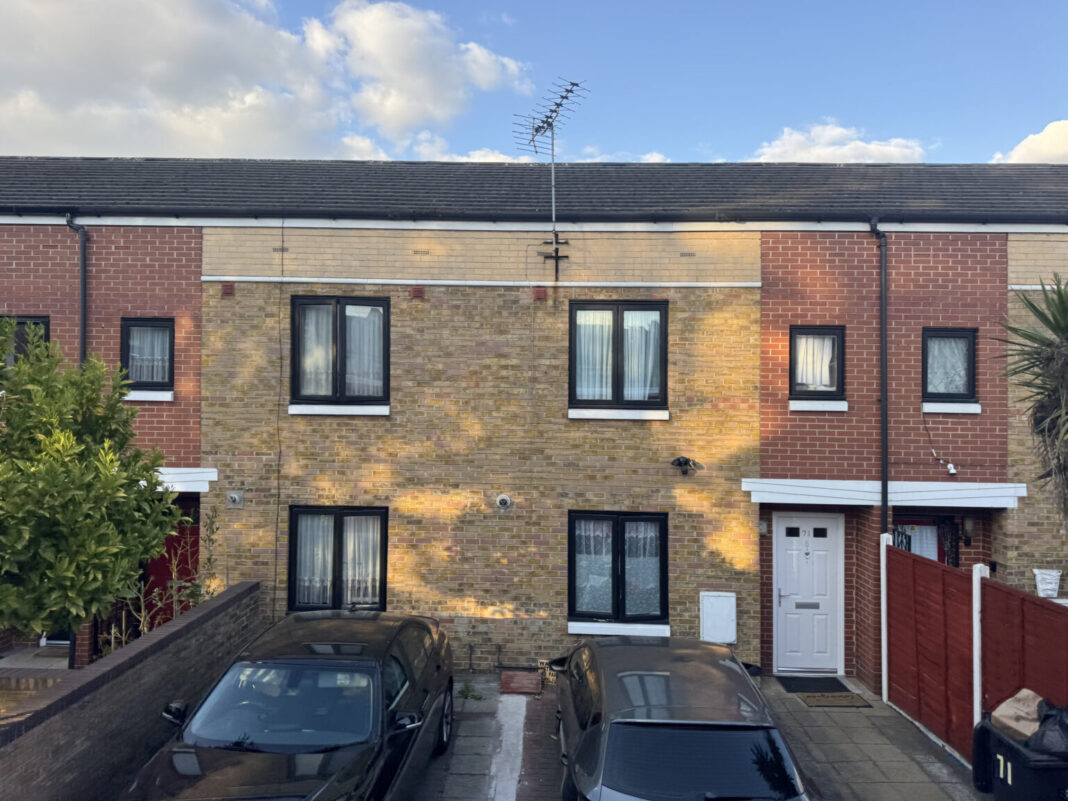More than 50,000 long-term vacant homes are lying empty across England, tying up an estimated £13.6 billion in unused capital at a time when millions are struggling to access affordable housing, according to new analysis by property investment firm Open Property Group.
The study, which draws on government housing data and internal company records, reveals a sharp rise in so-called “zombie homes” – uninhabitable residential properties left to decay due to probate delays, legal disputes or disinterest from absentee owners and investors.
Of the 50,000 homes identified, over 23,000 have reportedly stood empty for more than two years.
Many are concentrated in London boroughs and former industrial towns in the North, regions where housing demand is high but availability remains constrained.
SYSTEMIC FAILURE
The findings highlight what campaigners describe as a systemic failure in how the UK identifies and reclaims underused housing stock. While first-time buyers face mounting rents and reduced supply, tens of thousands of properties remain effectively removed from the housing system.

Jason Harris-Cohen, Director of Open Property Group, says: “While first-time buyers and renters are being priced out, we’re seeing a silent stockpile of empty homes quietly decaying across the UK. Many are caught in probate delays, legal disputes, or simply ignored by owners who don’t want to deal with maintenance and tax penalties.”
“These figures are a stark reminder of the inefficiencies in our housing system. The £13.6 billion in tied-up capital represents both a financial and social loss at a time when affordability is at a breaking point.”
FASTER PROBATE PROCESS
Open Property Group, which specialises in acquiring vacant and distressed properties, reported a 60% year-on-year increase in enquiries from owners struggling with inherited or neglected homes. Harris-Cohen says many are overwhelmed by the legal and financial complexity of returning these properties to market.
The company is calling on government and local authorities to introduce faster probate processes, strengthen enforcement of council tax penalties on empty homes, and offer meaningful incentives to bring unused housing back into circulation.
He adds: “Reintroducing even a fraction of these homes could ease pressure on the system and provide hope to many looking for somewhere to call home.”










